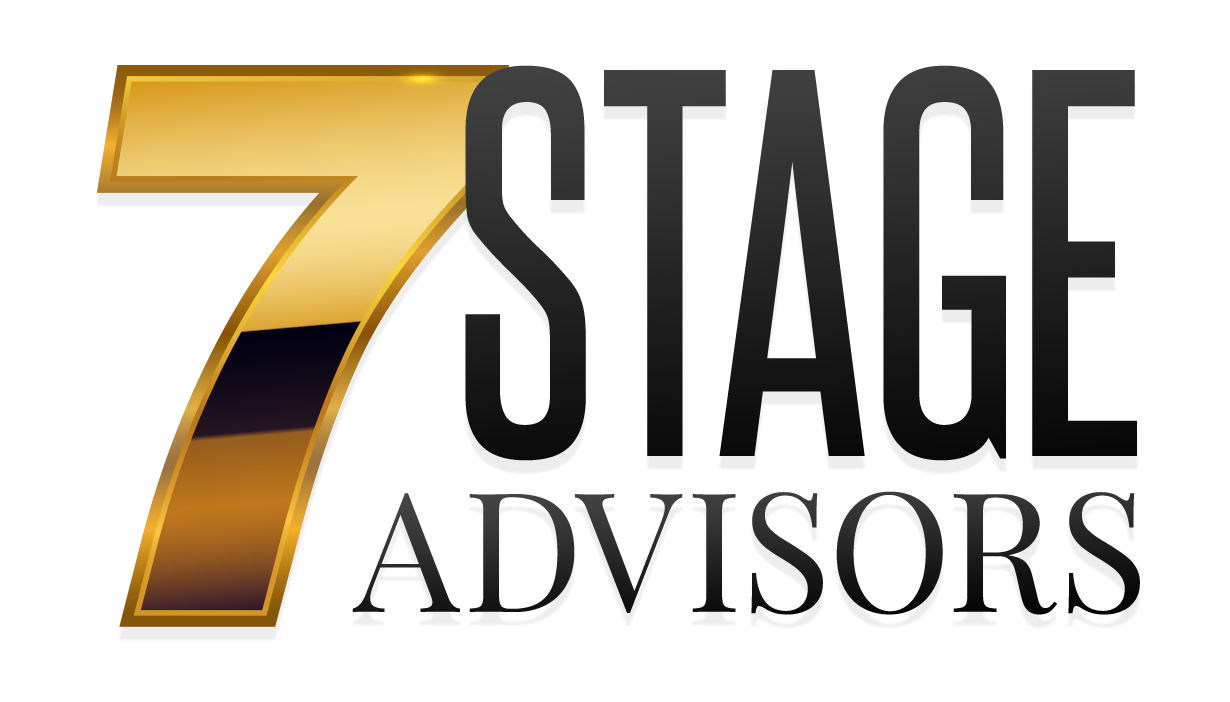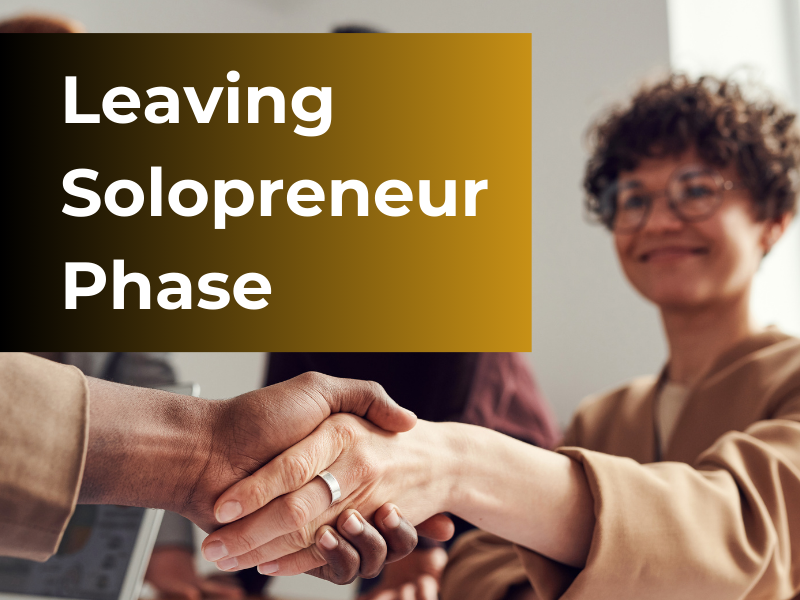Many companies are started by one person. It’s cost-effective, and it minimizes risk. But once you’ve successfully created a one-person business, growing can feel intimidating or even impossible. However almost every enterprise, at some point, was started by just one or two people who had to do the same thing. The fact is that successful firms grow from one person to one hundred employees or more all the time.
You Don’t Have to Be Passionate about Your Business
This point of view is a little controversial, but hear me out. After working with thousands of business owners, I know for a fact that you that you do not need to be super passionate about your work or even your industry. But it is necessary to do at least one of the following:
(1) Love what you do
(2) Love how you’re doing it
(3) Love why you’re doing it
My first company in my twenties was a commercial landscaping firm, and it was born out of the necessity to make money, not to pursue a dream job. I didn’t love what I did initially, but I did love how I was doing it. That’s why I looked for better ways to manage my company. I found a few “secret sauces” early on and discovered that I loved running a business.
Be Smart About Your First Hire
Hiring is a tough transition for many business owners. It represents a loss of control. But when you’re ready to start growing, start with a financial expert.
Why? In my experience, cash flow is a mess for most solopreneurs. They’re not sure of profit margins. They’re unsure how much to spend or where to spend it. They don’t know if they are priced right. That’s why the very first hire should be a good financial person. When you hire a financial expert, a bookkeeper, or a controller, you now have somebody on board scrutinizing your expenditures, the cash flow, the pricing, and the profits. They ensure you’re getting it right and help you analyze additional spending moving forward. A skilled financial employee is a building block of planned growth.
Forget About Growing and Focus on Scaling
While it may seem like I’m getting lost in semantics here, the difference between growing and scaling is fundamental. A firm’s growth may bring in more money, become busier, and get more clients. And all of that is good stuff. But it may also mean that this growth happens when the owner is closely tied to the business. When owners are busier, they make more money, which feels like growing, but it’s actually just working more.
When you scale your business, you create systems that remove the owner from day-to-day operations so that others can take over parts of the company. You don’t have to worry about getting too many clients to service or too many employees to manage. A marketing manager takes care of sales and marketing. A CFO will take care of billing and financials. An HR manager keeps the company fully staffed.
I often cite the example of the owner of one shop vs. the owner of a hundred shops. Which owner works harder? With sound systems in place, the owner of a hundred locations is more likely to be able to walk away from the business for a day, a week, or a month, and the company hums along without them.
Leverage The Seven Stages of Business Success
I have researched which steps entrepreneurs take to become larger and more profitable and map it all out in my book, The 7 Stages of Business Success. This process is used by my consulting firm, 7 Stages Advisors.
As a solopreneur, you can complete Stage 1 and Stage 2 on your own, but scaling and hiring are required to reach Stage 3 and beyond.
Stage 1 is strategic planning when you take compelling and inspiring ideas and put them on paper.
In Stage 2, as an owner, you must become an expert in your niche. That expertise is an integral part of price flexibility. You need fat margins early to carry you through later stages when you sell more, but margins can shrink.
Stage 3 is the synergy stage. The business is expanding, and it’s time to surround yourself with people that help get the job done. This is the time to create a top-notch implementation team.
In Stage 4, you make a giant leap into the stage of the system. You decide what kind of business you’re going to be. Will you be a closed ecosystem like Apple? Want to franchise someday? Should you be multi-location? Where do online sales fit in (if at all)? You decide on your ecosystem and systematize accordingly.
Stage 5 is all about scaling. Systems become the star. How you do it makes you different, making it easier to scale.
Once you’ve got systems and scaling covered, it may be time to consider Stage 6, the salability stage. This is when the company is an asset that can be bought or sold. This is the time to polish the books, clean up any debts, and make it an attractive asset to sell or take public.
Stage 7 is the succession stage. A business becomes a legacy, and you can confidently exit. You are replaced with a CEO, and the value of your business increases because the market recognizes that the firm has a great leadership team in place.
Are You Ready to Scale?
7 Stage Advisors is the company I set up to offer coaching and mentoring to business owners. It’s a systematic approach to growing and scaling companies. This can help owners increase predictability, fortify margins, or create an exit plan. If you want to know more, email me at [email protected], and let’s start talking.

